
International Society for antiviral research

Invited Speakers
 DIVERSITY IN SCIENCE AND EXCELLENCE AWARDEE
DIVERSITY IN SCIENCE AND EXCELLENCE AWARDEE
Chasing an HIV cure: the intersection of biological sex, the latent reservoir and latency disruption
Dr. Nancie Archin is an Assistant Professor in the Infectious Diseases Division/ Department of Medicine at the University of North Carolina at Chapel Hill. She received her B.S. degree from Stony Brook University in New York and her Ph.D. from the Department of Microbiology and Immunology at the University of Texas Health Sciences Center at San Antonio, Texas where she studied HSV-1-induced acute retinal necrosis syndrome under the supervision of her graduate advisor, Dr. Sally Atherton. She then joined the laboratory of Dr. David Margolis at UT Southwestern where she began her studies of HIV latency. Since joining the faculty at UNC, she has worked to move laboratory observations into clinical testing and applications. She has a strong and extensive publication track record on persistent HIV research, including the first study to show that HIV latency can be disrupted in vivo , studies of the reservoir in T cell subsets, studies to delineate the basic mechanisms of HIV latency, and other translational studies on using novel molecules combined with immunotherapy for latency clearance. Her laboratory’s current research focus includes using molecular biology and biochemical methods to 1) define sex-specific and other factors that contribute to HIV persistence in people living with HIV with a particular focus on women, 2) define modalities to disrupt latency and clear latently infected cells, and 3) apply these observations in clinical settings.
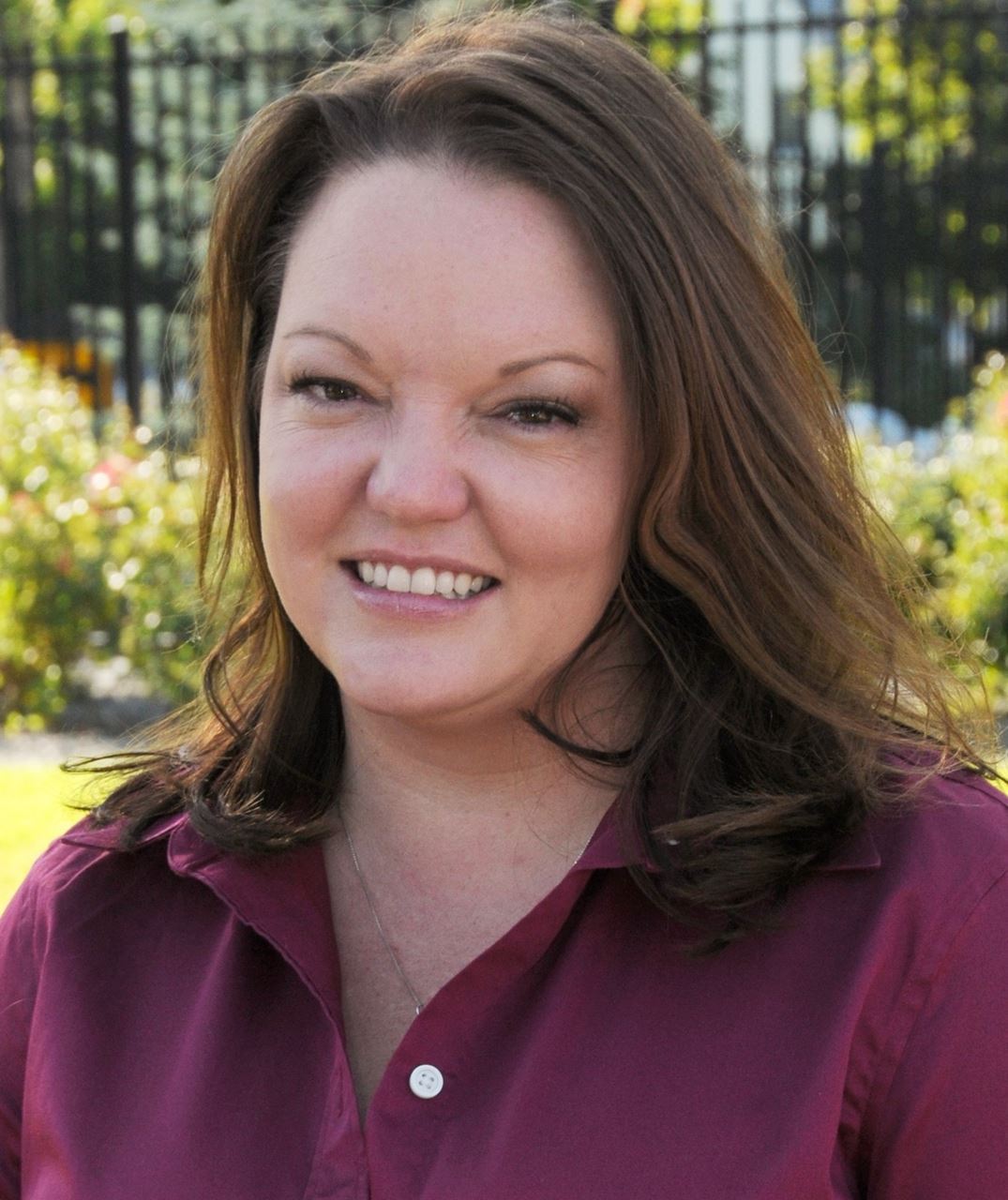 What Makes an Effective Live-Attenuated Vaccine? New Insights into Molecular Mechanisms Driving the Innate Cellular Response to Yellow Fever Virus 17D (YFV-17D)
What Makes an Effective Live-Attenuated Vaccine? New Insights into Molecular Mechanisms Driving the Innate Cellular Response to Yellow Fever Virus 17D (YFV-17D)
Sonja Best, PhD is currently the Chief of the Laboratory of Neurological Infections and Immunity (LNII) at the Rocky Mountain Laboratories (RML) campus of the National Institute of Allergy and Infectious Diseases (NIAID, NIH). Her research group, called the Innate Immunity and Pathogenesis Section, focuses on understanding the host-pathogen interface associated with the intrinsic antiviral response of cells to emerging RNA viruses. Dr. Best earned her PhD from Australian National University in Australia where she examined pathogenesis of myxoma virus. She then joined the RML, NIAID, where she conducted postdoctoral research focusing on the role of host innate immunity in viral pathogenesis prior to establishing her independent laboratory. Dr. Best received tenure and was promoted to Senior Investigator in 2017. She received a Presidential Early Career Award for Scientists and Engineers (PECASE) and currently serves on multiple Editorial boards including Journal of Virology, PLoS Pathogens, and Science Translational Medicine.
 WOMEN IN SCIENCE AND EXCELLENCE AWARDEE
WOMEN IN SCIENCE AND EXCELLENCE AWARDEE
Targets to Treatment; antiviral research and precision medicine
Judith Breuer is Professor of Virology at UCL and Clinical lead for Virology at Great Ormond Street Hospital for Children. Her research interests centre on precision medicine approaches to improved treatment of infectious diseases. These include pioneering high throughput pathogen sequencing directly from clinical material for identification of pathogen genetic determinants of clinical disease and understanding the actions of mutagenic drugs. Professor Breuer has exploited the pathogen genomic data to describe the landscape of genetic variation particularly for herpesviruses (VZV, CMV and EBV) and norovirus, and to develop evolutionary models that better elucidate the role of pathogen variation in transmission and disease. She has also worked for many years on VZV and the live vOka vaccine, generating insights into VZV natural history and pathogenesis. Her work led to the discovery of the VZV latency transcript (VLT). More recently she has uncovered the potential basis for vOka attenuation and in the process identified potential targets for broad spectrum antivirals against viral skin infections. Prof Breuer has developed diagnostic metagenomic methods for pathogen detection and discovery in patients with undetected infections of brain and other tissues. This has led to changes in the management of encephalitis particularly in the immunocompromised and the establishment of a pipeline to evaluate repurposed drugs against RNA viral infections. She recently used metagenomics to identify adeno-associated virus 2 as the cause of the unexplained hepatitis that occurred worldwide in children in 2022. This work has now been extended to investigating hepatitis associated with AAV gene therapy and the putative role played by co-infection with herpesviruses. Professor Breuer is a Fellow of the Academy of Medical Sciences, a member of the UK JCVI committees on VZV and HPV vaccines and the UK Polio eradication committee. She chairs the UKHSA Definitions of Immunosuppression Group.
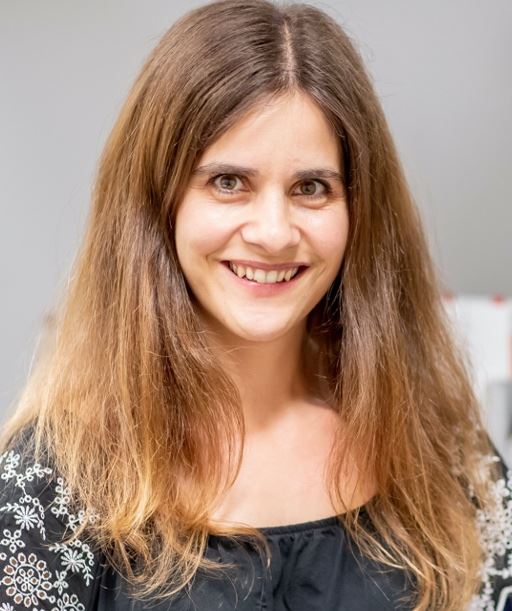 Drug Discovery Efforts Towards Human Metapneumovirus
Drug Discovery Efforts Towards Human Metapneumovirus
Dr. Larissa Dirr is a current NHMRC Peter Doherty Fellow and an Early Career Research Leader at the Institute for Glycomics, Griffith University. She completed her Master thesis at the University of California San Diego, USA in Natural Product Chemistry and her Doctor of Philosophy degree in Virology and Structural Biology at Griffith University, Australia under the guidance of Prof. Mark von Itzstein. She then has worked as the lead Structural Virologist towards the development of a new class of parainfluenza drug candidates, where she is a co-inventor of three international patents. The parainfluenza technology has been licensed to Grand Medical Pty to deliver in a major co-development program the first human parainfluenza virus drug to market. More recently, her independent research focuses on understanding the role of viral glycoproteins involved in infection and spread to define antiviral targets and design new antiviral inhibitors for a range of respiratory viruses, including SARS-CoV-2, influenza virus and human metapneumovirus. She also uses a multi disciplinary approach to understand how viruses interact with host glycan receptors located at the cell surface. She is a leading member of the German Australian iCAIR (Fraunhofer International Consortium for Anti-infective Research) project that works towards new anti-infective therapies. She has been awarded the Queensland Protein Group Ross Smith Early Career Research Medal in 2022 and promotes women in science through the Glycomics Circle and the Qld STEM Education Network.
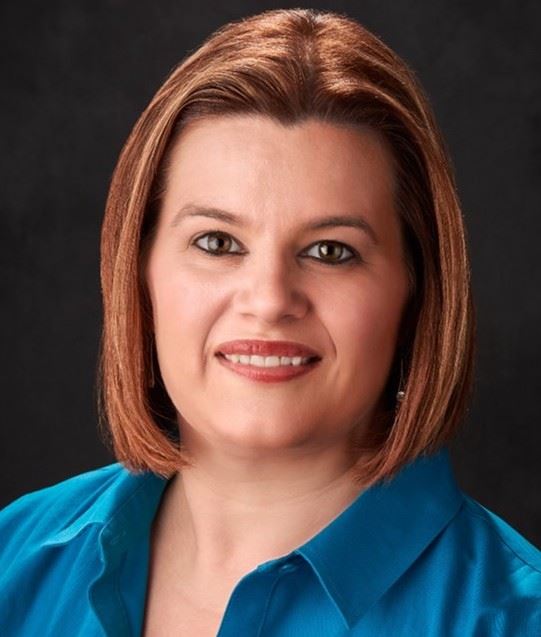 Advances in the Development of Small Molecule Inhibitors of Venezuelan and Eastern Equine
Advances in the Development of Small Molecule Inhibitors of Venezuelan and Eastern Equine
Encephalitis Viruses
Dr. Jennifer E. Golden is an Associate Professor in the Division of Pharmaceutical Sciences and the Department of Chemistry at the University of Wisconsin-Madison. She also serves as the Associate Director of the UW-Madison Medicinal Chemistry Center and the Chair of the Early Career Board of ACS Medicinal Chemistry Letters. Trained as a synthetic medicinal chemist, Jennifer completed her PhD in medicinal chemistry at the University of Kansas (Prof. J. Aube, 2002) and postdoctoral work at Stanford University (Prof. P. Wender, 2004) before joining Amgen as a small molecule drug discovery scientist working in inflammatory and neurological disease. She was recruited to help establish an NIH-sponsored, US-wide academic drug discovery network at the University of Kansas where she served as the Assistant Director of the KU Specialized Chemistry Center. There, she directed the development of novel chemical probes across a diverse project portfolio before establishing her independent research group at Wisconsin in 2015. As such, Dr. Golden brings nearly 20 years of synthetic medicinal chemistry experience from a career spanning industry and academia. At UW-Madison, she has pioneered new synthetic chemistry methods aimed at efficiently building unique drug-like, heterocyclic architecture that is screened and advanced in medicinal chemistry campaigns. Further, she has established robust, well-funded, multidisciplinary drug discovery teams and a research platform that integrates the design, synthesis, and optimization of novel anti-infective agents aimed at improving human health scenarios for which limited, or no therapeutic options exist. Her highly collaborative programs have been directed at encephalitic alphavirus intervention (e.g. VEEV, EEEV) and parasitic diseases (e.g. PAM infection from N. fowleri), all of which require design of specialized compounds that penetrate and spare cells in the CNS while effectively targeting pathogens of interest.
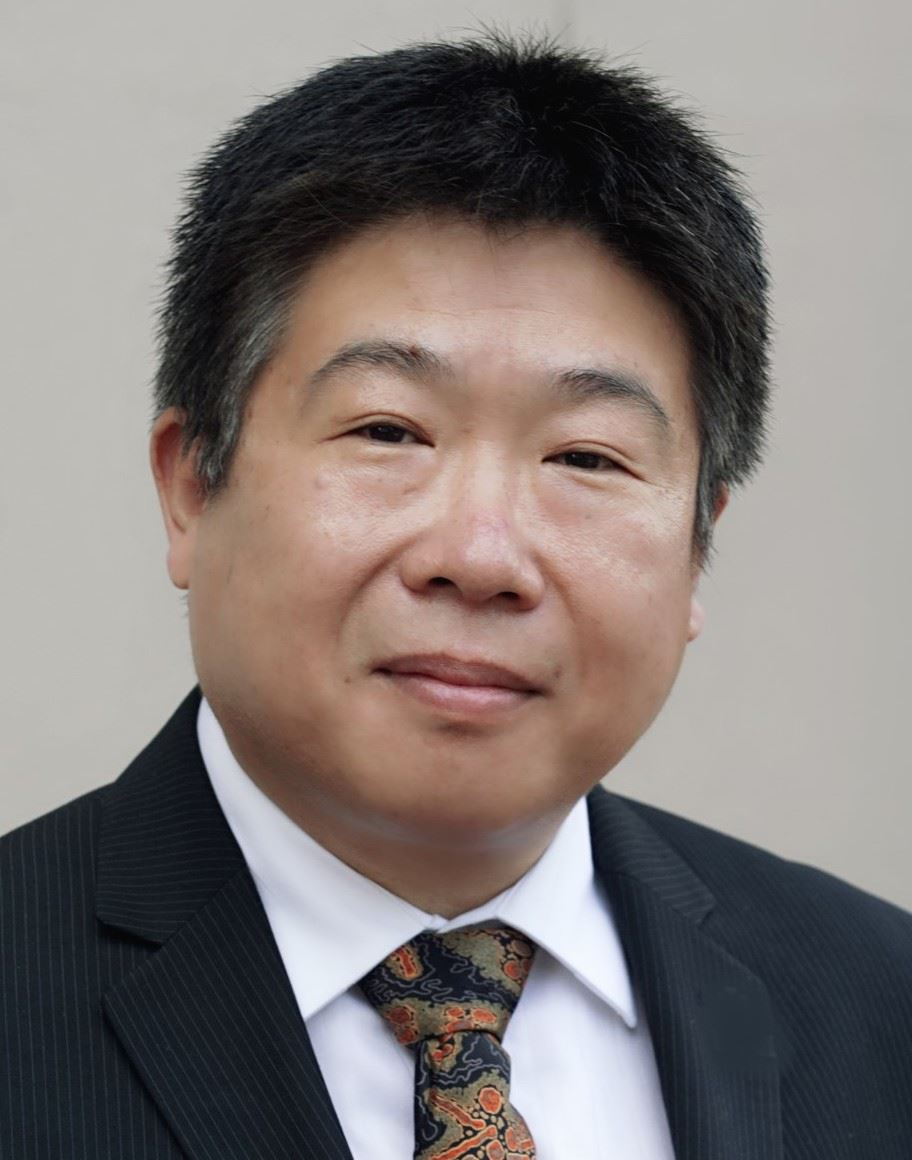 HBV cccDNA: formation, transcription, and intervention
HBV cccDNA: formation, transcription, and intervention
Dr. Haitao Guo received his PhD in 2001 from Wuhan University, China. From 2002 to 2004, he received his postdoctoral training under supervision of Dr. Bill Mason in Fox Chase Cancer Center, where he started his research on hepatitis B virus (HBV). Then he joined Drexel University as a member of faculty for 9 years. In 2014, he joined Indiana University as an Associate Professor and became Full Professor in 2019. Since fall 2019, he is a Professor in University of Pittsburgh and Co-Leader of cancer virology program in UPMC Hillman Cancer Center. Dr. Guo's research is focused on HBV molecular biology, virus-host interaction, innate control of virus infection, and antiviral development. Dr. Guo has been serving as editor and/or editorial board member for major journals such as Antiviral Research, Journal of Medical Virology, Journal of Virology, Hepatology, etc., and he has served as a standing member of NIH Virology B Study Section (2017-2021). He is currently the Co-Chair of the Hepatitis B Special Interest Group for the American Association for the Study of Liver Diseases (AASLD), Co-Chair of Virology Working Group of the International Coalition to Eliminate Hepatitis B (ICE-HBV), and Member of the Scientific Advisory Council of International HBV Meeting. He has served as the co-organizer of the 2015 International HBV Meeting. Dr. Guo has published more than 100 papers and 3 patents. Dr. Guo has been awarded the Bruce Witte Fellow of Hepatitis B Foundation (2008-2014), IUSM Showalter Scholar (2017-2019), 2017 IUPUI Research Frontiers Trailblazer Award, 2019 IU Trustee’s Teaching Award, 2020 UPMC Hillman Senior Faculty Fellow for Innovative Cancer Research, and he was elected to the American Academy of Microbiology (AAM) in 2022.
 PLENARY SPEAKER
PLENARY SPEAKER
Virus emergence at the human-animal interface
Edward Holmes is an NHMRC Leadership Fellow and Professor of Virology in the School of Medical Sciences, University of Sydney, Australia, which he joined in 2012. Eddie received his undergraduate degree from the University of London (1986) and his PhD from the University of Cambridge (1990). Between 1993-2004 he held various positions at the University of Oxford, including University Lecturer in Evolutionary Biology and Fellow of New College. He was elected a Fellow of the Australian Academy of Science (FAA) in 2015 and of the Royal Society (FRS) in 2017. In 2020 he won the New South Wales Premier’s Prize for Science and Engineering, and in 2021 he received the Australian Prime Minister’s Prize for Science. He was recently awarded the Croonian Medal and Lecture 2024 by the Royal Society.

Epstein Barr Virus and Multiple Sclerosis: Molecular Mechanisms and Treatment Strategies
Tobias Lanz is an assistant professor at the Institute for Immunity, Transplantation, and Infection and the Division of Immunology and Rheumatology at Stanford University. His lab’s research focuses on B cell biology in autoimmune and neuroimmunological diseases. He uses high-throughput screening technologies, and methods from structural and cell biology to identify new autoantigens and to understand how certain self-reactive B cells escape tolerance mechanisms. He is particularly interested in molecular mechanisms that explain the association between Epstein Barr Virus (EBV) and autoimmunity. Tobias went to medical school at the Eberhard Karls University in Tübingen, Germany and at the University College of London. He wrote his MD thesis at Dr. Michael Platten’s laboratory at the Hertie Institute for Clinical Brain Research in Tübingen, Germany before joining Dr. Lawrence Steinman’s neuroimmunological laboratory at Stanford as a research scholar. After medical school he pursued his scientific and clinical training at the German Cancer Research Center (DKFZ) and the Department of Neurology at the University Hospital in Heidelberg, Germany. In 2015 he joined Dr. William Robinson’s lab at Stanford, where he investigated environmental triggers of autoimmunity, including viruses and milk consumption. In his most recent work, he characterized the B cell repertoire in the spinal fluid of patients with multiple sclerosis (MS) and identified molecular mimicry between EBV EBNA1 and the glial cellular adhesion molecule GlialCAM as a driver of neuroinflammation (Lanz et al., Nature, 2022). His long-term objective is to further understand how viruses contribute to or trigger autoimmunity and to develop next-generation targeted antiviral therapeutics to treat autoimmune diseases.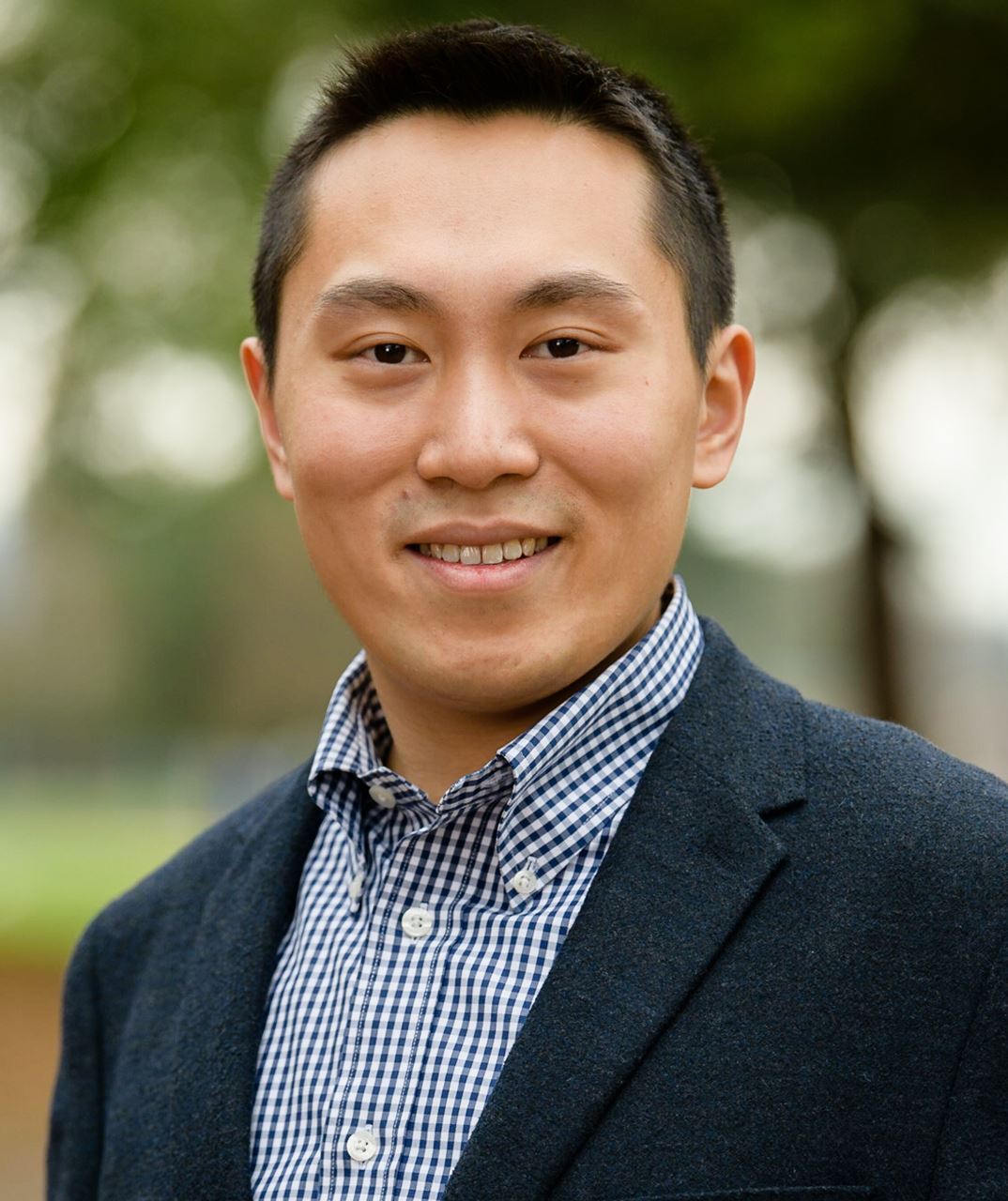 Accelerating Antiviral Discovery with Artificial Intelligence
Accelerating Antiviral Discovery with Artificial Intelligence
Dr. Alpha Lee is the co-founder and Chief Scientific Officer of PostEra, and a faculty member at the University of Cambridge. He is also a co-Principal Investigator of the NIH-funded Antiviral Drug Discovery (AViDD) center "AI-driven Structure-Enabled Antiviral Platform". Alpha's research focuses on advancing machine learning technologies that accelerate medicinal chemistry for small molecule drug discovery. He was trained at Harvard University (Fulbright Scholar and George F. Carrier Fellow), and University of Oxford (DPhil). Alpha has been named by Forbes as 30 under 30 in Science and Healthcare in Europe.
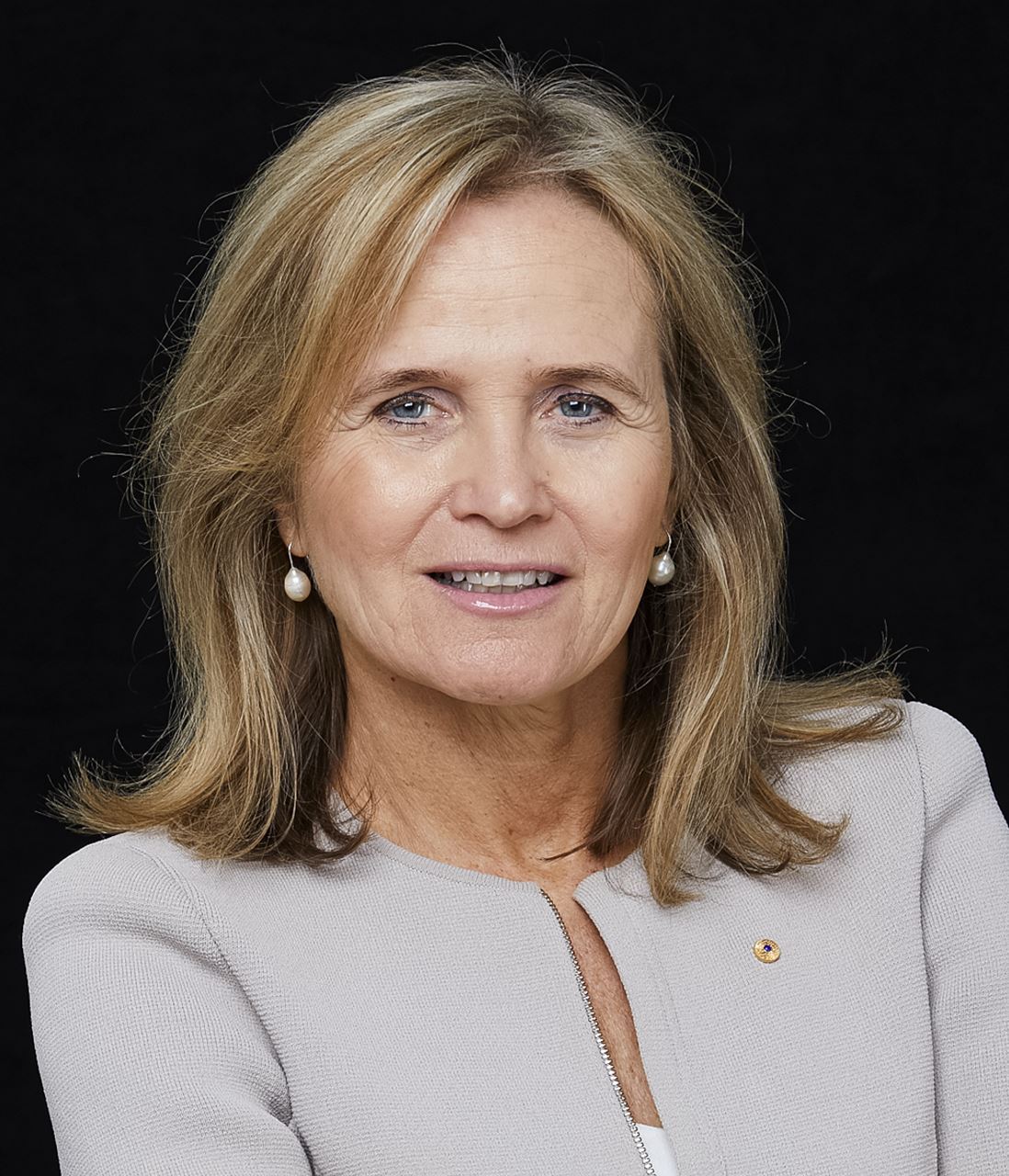 Towards and HIV cure – the role of immunotherapy and gene therapy
Towards and HIV cure – the role of immunotherapy and gene therapy
Professor Sharon Lewin is an infectious diseases physician and basic scientist, who is internationally renowned for her research into all aspects of HIV disease and specifically in strategies to achieve an HIV cure. She received her medical degree and PhD from Monash University, Melbourne, Australia and post-doctoral training at Rockefeller University, New York, where she worked with Professor David Ho, Time Man of the Year in 1995 for his work in HIV treatments. She is the inaugural Director of the Doherty Institute, a joint venture of the University of Melbourne and Royal Melbourne Hospital and Melbourne Laureate Professor of Medicine at the University of Melbourne, Melbourne, Australia. She is also the inaugural director of the Cumming Global Centre for Pandemic Therapeutics, a new centre at the Doherty Institute established by a philanthropic gift of $250 million from Canadian philanthropist Geoff Cumming and $75 million from the Victorian government. She heads a laboratory of 25 scientists and clinicians working on basic and translational research and early phase clinical trials aimed at finding a cure for HIV. She has received continuous funding from the NHMRC since 1993 and from multiple international funding agencies including the National Institute for Health and the American Foundation for AIDS Research. In 2019, She was appointed an Officer of the Order of Australia (AO) in recognition of her distinguished service to medical research, and to education and clinical care, in the field of infectious diseases, particularly HIV and AIDS. She is the elected President of the International AIDS Society (2022-2024), the largest professional society representing people working in HIV medicine and has over 17,000 members.
 Advances Towards HBV Cure
Advances Towards HBV Cure
Dr. Margaret Littlejohn is a senior medical scientist at the Victorian Infectious Diseases Reference Laboratory, and Honorary Fellow in the Department of Infectious Diseases, based at the Peter Doherty Institute for Infection and Immunity at the University of Melbourne. She is an expert in HBV molecular virology and the role of HBV genotypes in pathogenesis and treatment response and is currently leading a project funded by the mRNA Victoria Activation program to develop a new RNA-based therapy for chronic hepatitis B, using CRISPR technology.
She is also involved in a long term collaboration examining the molecular epidemiology of HBV in Indigenous Australian populations. This was the first comprehensive molecular analysis of the HBV detected in the Australian Indigenous population, discovering a unique HBV sub-genotype found exclusively in the Indigenous Australian population.

Development of Broad-Spectrum Antiviral Drugs
Prof. Hong Liu is the Professor in Shanghai Institute of Materia Medica, and she has mainly focused on the medicinal chemistry, chemical biology, drug design and antiviral drug development. She has constructed a drug-like-compound library containing more than 400 structural scaffolds and more than 8000 compounds. Among them, 9 novel drug candidates were successfully licensed to Pharmaceutical Co., Ltd. In addition, 2 antiviral drug candidates, FB2001(Bofutrelvir, an anti-COVID-19 drug candidate) and Thioraviroc (an anti-HIV drug candidate), have completed Phase I and entered Phase II or Phase III clinical studies. Prof. Liu has published more than 450 academic papers as corresponding author in peer-review journals, such as Science、Nature、Chemical Reviews、Cell Metabolism、Nature Communications、Angewandte Chemie International Edition、Science Advances, etc., and these articles have been cited more than 18000 times by others. Prof. Liu has published 16 books as chapter author as well and obtained 137 patent certifications.
 Macrophage Control of Influenza Virus Replication
Macrophage Control of Influenza Virus Replication
Dr. Sarah Londrigan is a teaching and research academic in the Department of Microbiology and Immunology at The University of Melbourne in Australia. She is also Co-Lead of the Viral Infectious Diseases Theme at the Doherty Institute in Melbourne. Sarah leads a research program examining cellular responses to respiratory virus infection, including how macrophages control influenza A virus replication.
Dr. Londrigan completed her PhD Research at Melbourne University, where she identified novel cell surface receptors for rotavirus entry during infection of host cells. Sarah’s postdoctoral research at The Walter and Eliza Hall Institute in Australia involved creating immunomodulatory adenoviruses that generated local immunosuppression during islet transplantation to treat type I diabetes. Sarah’s current research program is funded through competitively awarded National Health and Medical Research Council (NHMRC) grants. Her research program aims to understand the entry pathways of respiratory viruses into host cells, and how airway immune cells control virus replication. Specifically, these studies are focused on (i) identifying cell surface receptors and entry pathways for influenza and other respiratory viruses into airway macrophages, (ii) identifying host factors (including interferon stimulated genes) responsible for controlling respiratory virus replication and (iii) investigating novel antiviral strategies to control virus-induced respiratory disease. Sarah plays an active role in research related activities supporting virology, immunology and promoting women in science.
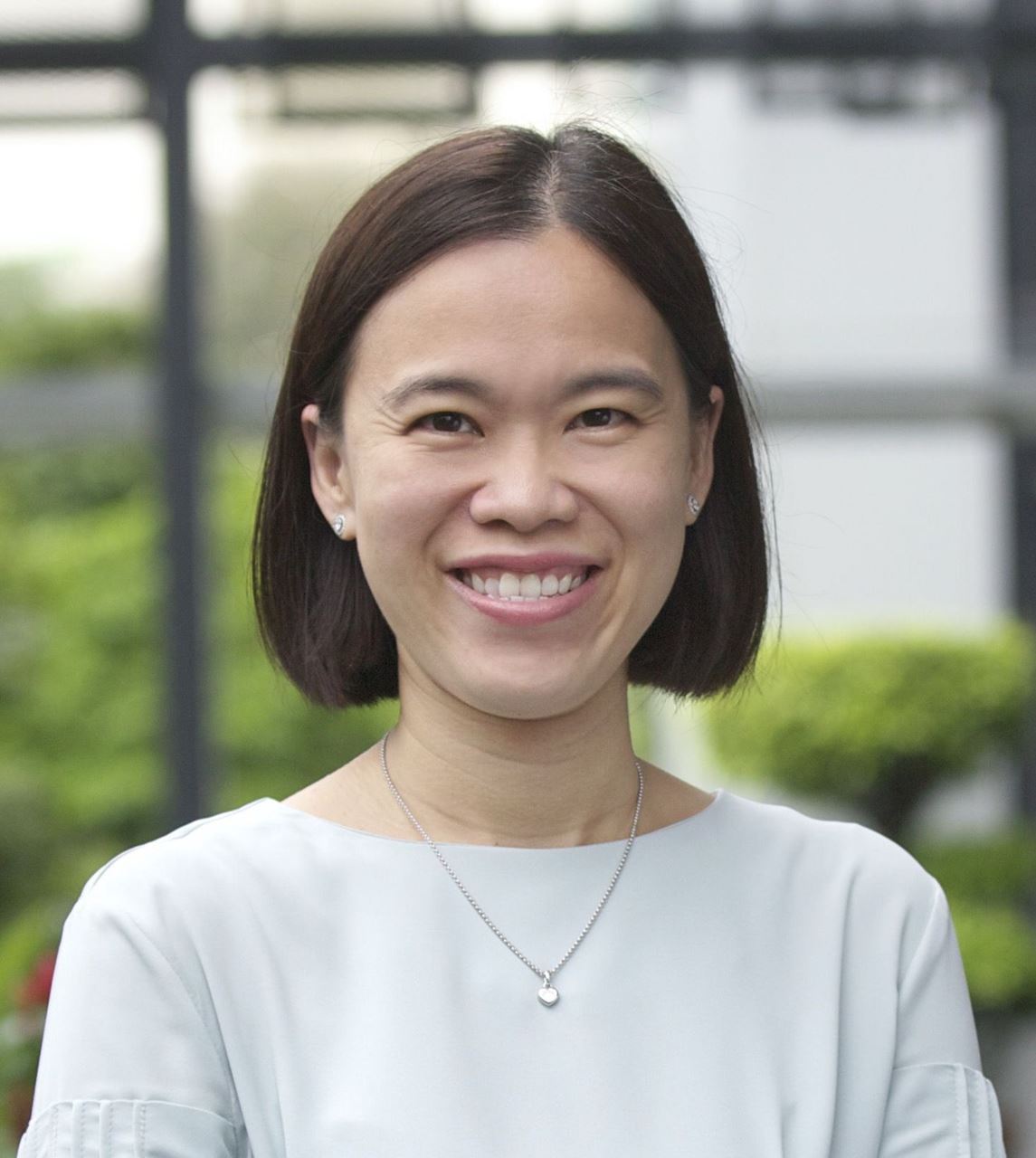 PLENARY SPEAKER
PLENARY SPEAKER
Bringing Antivirals to the Clinic: Challenges and Opportunities
Dr. Jenny Low is a senior consultant with the Department of Infectious Diseases in Singapore General Hospital and Professor at the Emerging Infectious Diseases Programme at Duke NUS Medical School. Concurrently, she is the co-director of the Viral Research and Experimental Medicine Centre@ SingHealth Duke-NUS (ViREMiCS) in the SingHealth Duke NUS AMC and deputy clinical and scientific director at the SingHealth Investigational Medicine Unit (IMU). Dr Low has been doing clinical research for more than 20 years. She has a long track record in conducting proof of concept and early phase clinical trials in acute viral diseases. She has tested several first-in-human therapeutics and biologics in humans including a therapeutic anti-yellow fever virus antibody that was published in the New England Journal of Medicine in 2020. During the COVID-19 pandemic, among her contributions, she led a clinical study that was among the first to detail the host response to severe COVID-19 which was published in Cell Host & Microbe in 2020. She also led the COVID-19 self-amplifying mRNA vaccine trial that was co-developed by Duke-NUS and Arcturus therapeutics among others. The vaccine is currently licensed for use in Vietnam and Japanese. Her current research focus is on early phase adaptive clinical trials of viral therapeutics and vaccine development as well as understanding the role of the early immune responses in modulating the outcome of infection or vaccination. She has been twice awarded the National Clinician Scientist Award in 2016 and 2019 for her research in host immune response to viral infections.
GERTRUDE ELION MEMORIAL A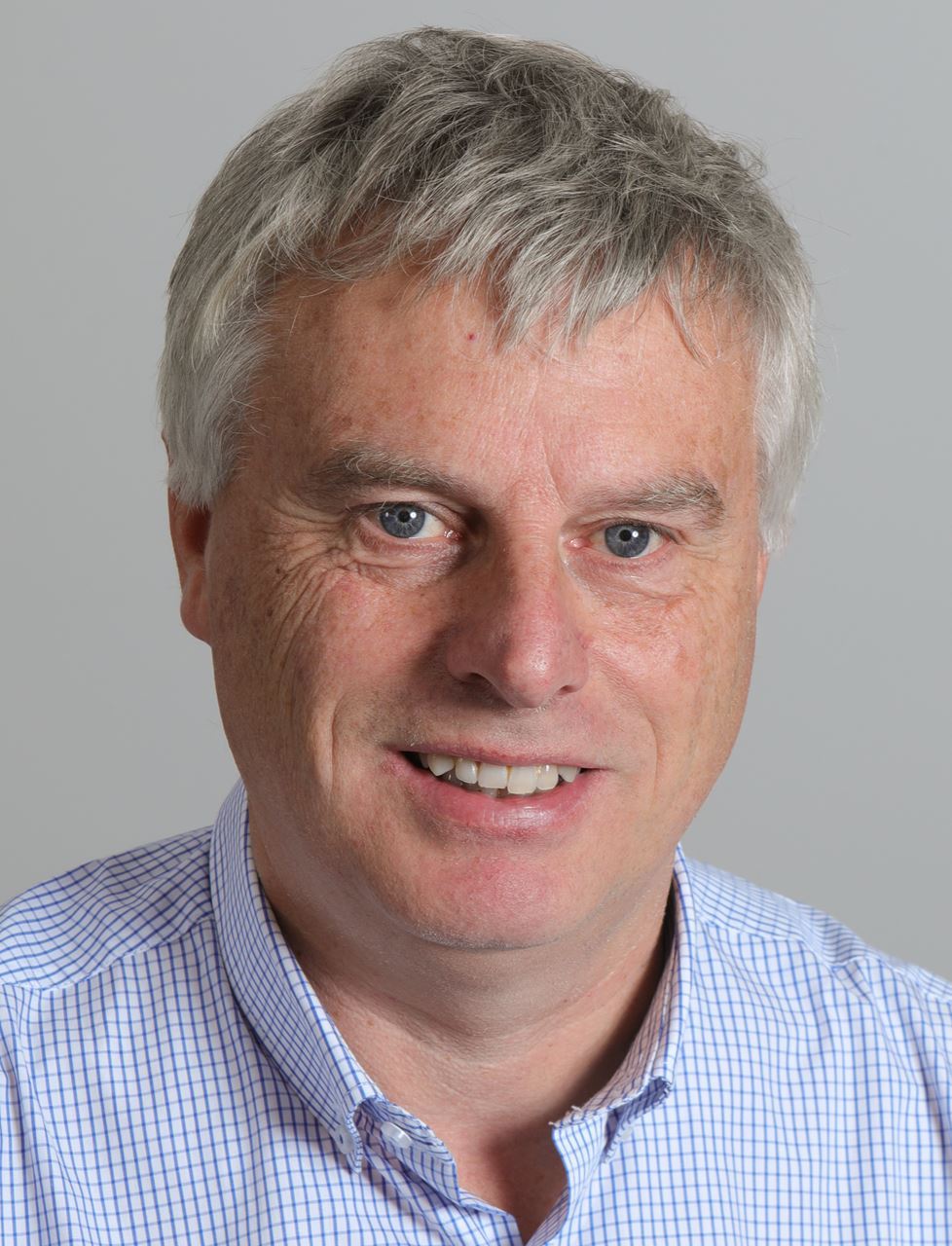 WARDEE
WARDEE
My Battle Against Viruses
Johan Neyts is full professor of Virology at the University of Leuven (KU Leuven), Belgium. He teaches virology at the medical school and at the school of dentistry. His lab has a long-standing expertise in the development of antivirals strategies and drugs against emerging and neglected viral infections such as dengue and other flaviviruses, Chikungunya and other alphaviruses, enteroviruses, noroviruses, HEV and rabies and is as well intensively involved in the development of antiviral strategies against SARS-CoV2. An ultrapotent pan-serotype dengue inhibitor developed in his laboratory and at the Centre for Drug Design & Development (www.cd3.be) is currently in clinical development at Janssen Pharmaceutica (J&J). A second focus is on the development of the PLLAV (Plasmid Launched Live Attenuated Virus) vaccine technology, which is based on the yellow fever virus vaccine as a vector. It allows to rapidly engineer highly thermostable vaccines against multiple viral pathogens. Johan is a past-president of the International Society for Antiviral Research. He is the co-founder of KU Leuven spin-off companies AstriVax www.astrivax.com and Okapi Sciences. He is responsible for the Belgian VirusBank platform www.virusbankplatform.be , an investment of the Belgian Federal Government in epidemic/pandemic preparedness. He published >640 papers in peer reviewed journals (WoS H-index WoS 79, Google Scholar H-index 101, dd October 2023) and received multiple national and international awards. He has given ~330 invited lectures and hundreds of interviews to lay-press.

Understanding Mechanisms of Infection and Immunity of Viral Diseases for Therapeutics
Prof. Lisa Ng is currently Executive Director at the A*STAR Infectious Diseases Labs. She also holds a joint appointment at the Biomedical Research Council, A*STAR as Executive Director. Lisa has been in the area of infectious diseases more over 25 years, where she has provided major contributions in the containment, prevention and treatment of epidemic viral infections including SARS (Severe Acute Respiratory Syndrome) and avian influenza H5N1 (bird flu). The current research interest of her group focuses on the immune responses of viruses that are epidemic or highly endemic in the tropical region. Over the years, these include chikungunya virus, dengue virus, Zika virus and other related alpha- and flavi-viruses, and more recently SARS-CoV-2. Her team has published in top tier scientific journals and made several key important findings to move the human immunology field forward in controlling viral infections. For her contributions, she was voted “Most Inspiring Woman” at the Great Women of Our Time Awards for Science and Technology in 2005, and was conferred the Junior Chamber International (JCI) “Ten Outstanding Young Persons of the World” Singapore 2013 Scientific and/or Technological Development Award. For her meritorious research and development efforts on Asia’s infectious diseases, she was conferred the highly prestigious ASEAN (Association of South-East Asian Nations) “International Young Scientist and Technologist Award” in 2008. In recognition of her mentoring work for graduate students and scientists, Dr Ng received the A*STAR “Most Inspiring Mentor Award” in 2013. She was a recipient of the Public Administration Medal (Bronze) in 2016: the National COVID-19 Award (Silver) in 2022; and the Public Administration Medal (Silver) in 2023. She is a SNAS (Singapore National Academy of Sciences) 2022 fellow, and an elected member of the Henry Kunkel society for immunologists of human diseases.

WILLIAM PRUSOFF MEMORIAL AWARDEE
Challenges and Gains of Pre-Clinical Screening Models for Vaccine and Antiviral Advancement
Dr. Jessica Spengler received her MPH. in infectious diseases in 2004 from the University of California, Berkeley, and then completed a California Epidemiologic Investigation Service (Cal-EIS) fellowship with the Vector-Borne Disease Section of the California Department of Health from 2004–2005. She received her PhD (2011) and DVM. (2012) from the University of California, Davis. Her graduate research on innate immune evasion by hantaviruses was performed on-site with Dr. Heinz Feldmann in the Special Pathogens Program at the Public Health Agency of Canada (Winnipeg, Manitoba), and at the NIH Laboratory of Virology, Rocky Mountain Laboratories (Hamilton, Montana). Since 2012, Dr. Spengler has worked with the Viral Special Pathogens Branch at the Centers for Disease Control and Prevention in Atlanta, Georgia. Currently, she directs a translational research program utilizing biosafety level 3 and 4 laboratory facilities to identify, prevent, ameliorate, and control high-hazard zoonotic viral pathogens, including Ebola, Marburg, Nipah, Crimean-Congo hemorrhagic fever, and Lassa fever viruses. This program investigates viral pathogenesis, develops animal models of disease, and conducts in vivo screens of therapeutic and vaccine candidates for high-containment, high-consequence viral pathogens. Dr. Spengler is presently an Editor for Antiviral Research and has been actively involved in ISAR activities since 2016, serving on the Women in Science Committee, assisting in communications and outreach, and as a member of the ISAR Board of Directors.

Professor Dan Watterson is a molecular and structural virologist from the University of Queensland, Brisbane, Australia. His research focuses on using structural information to design new vaccines and therapies for emerging viruses. Since the award of his PhD in 2012, he has published >90 papers, 51 in the last 3 years. He has co-invented two platform vaccine technologies that allow the production of viral antigens in the most protective conformation, and work across a wide range of viral families that cause current and potential future outbreaks. This work has lead to two clinical trials and ongoing support from CEPI for pandemic preparedness and rapid vaccine response. His lab is now repurposing these technologies to answer fundamental questions about viral antigen structure and how they interact with the immune system. He has led major discoveries across diverse viral families, including characterization of the first broadly protective anti-NS1 flavivirus antibody and resolving the highest resolution and first-in-class structures of important viruses including emerging henipaviruses with pandemic potential.Combating Emerging Henipaviruses
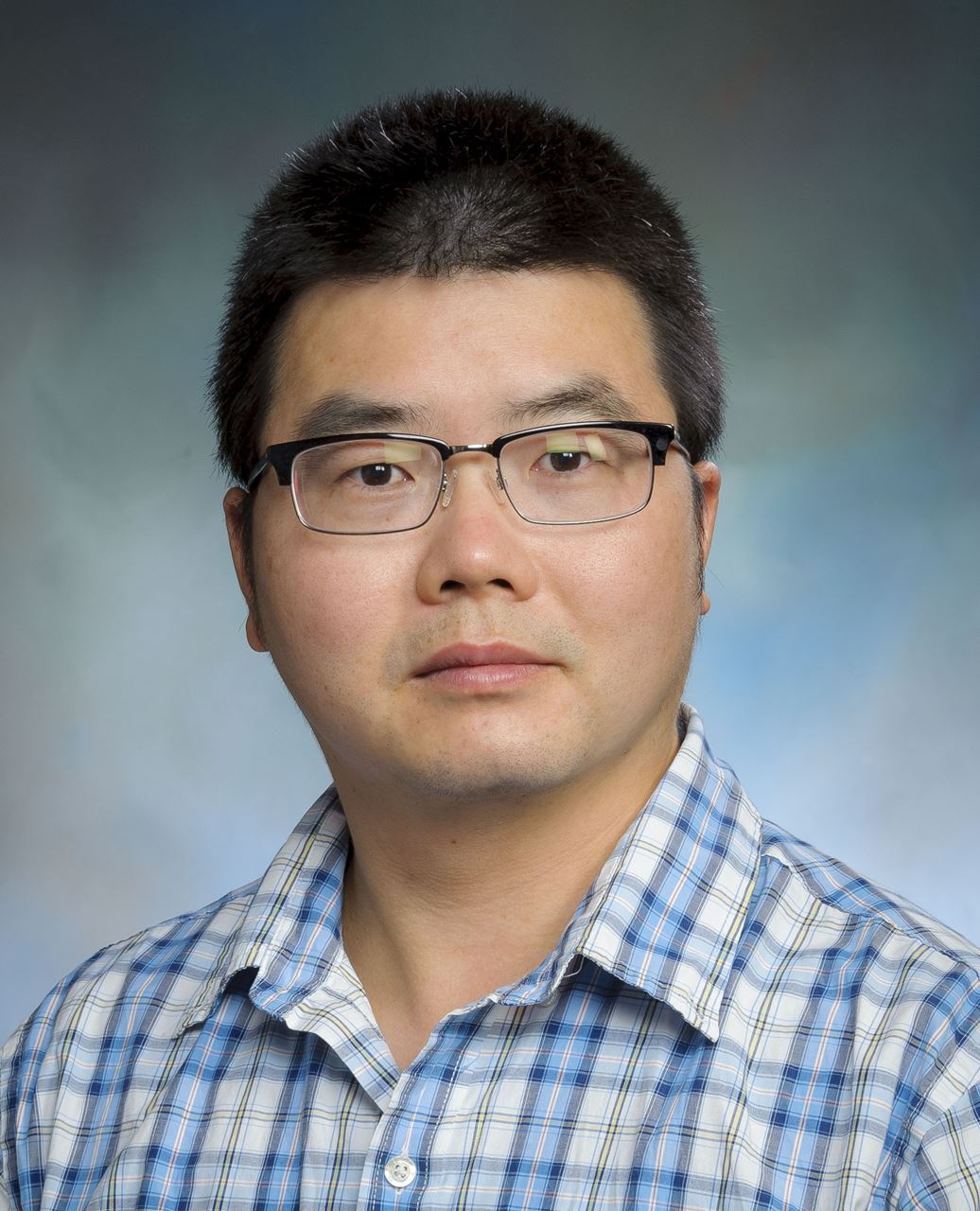 Nonstructural Protein 4B: Jewelry or Rock for Flavivirus Drug Development
Nonstructural Protein 4B: Jewelry or Rock for Flavivirus Drug Development
Xuping Xie is currently a Research Associate Professor within the Department of Biochemistry and Molecular Biology at the University of Texas Medical Branch (UTMB) in Galveston, United States. He has over 14 years of experience in both academia and industry, specializing in flavivirus and coronavirus research and countermeasure development. He earned his PhD degree in Biochemistry and Molecular Biology from the Chinese Academy of Sciences in 2012. During his PhD training, he pioneered the development of a preclinical NS4B inhibitor against the dengue virus. Driven by a passion for drug discovery, he pursued his postdoctoral training from 2013 to 2015 at the renowned Novartis Institute for Tropical Diseases in Singapore, focusing on anti-dengue drug development. In 2026, he joined UTMB and continued his research in flavivirus. He has revealed several important aspects of structural and nonstructural proteins in flavivirus replication, assembly, and pathogenesis. He also led the lab in the development of pivotal reverse genetic systems and platforms for countermeasure development during the Zika outbreak. When the COVID-19 pandemic began in 2020, he expanded his research into coronavirus. He developed the first peer-reviewed reverse genetic system for SARS-CoV-2, alongside high-throughput platforms for antiviral screening and neutralizing antibody testing. With a proven track record spanning both basic and translational research in the field of flavivirus and coronavirus, his lab stands at the forefront of pandemic preparedness. He is privileged to co-lead an interdisciplinary team from Novartis and the University of Texas Medical Branch (UNAPP) on drug discovery targeting coronaviruses, flaviviruses, and henipavirus.
About ISARThe International Society for Antiviral Research (ISAR) is an internationally recognized organization for scientists involved in basic, applied, and clinical aspects of antiviral research. The Society main event is the annual International Conference on Antiviral Research (ICAR), a truly interdisciplinary meeting which attracts the interest of chemists, biologists, and clinicians. |